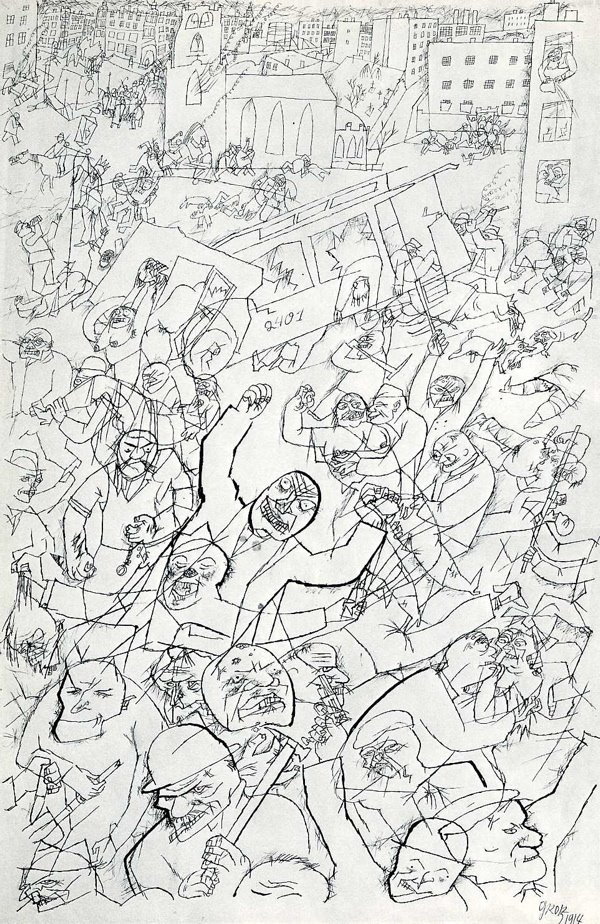Once again, Stanely Fish is on his soap box. His beef: after naming an Republican fund-raiser with no academic experience its president earlier this year, the University of Colorado has announced plans to redress its politically lopsided culture by appointing an endowed chair of Chair in Conservative Thought and Policy.
And for once, Fish gets it right: "Wrong on all counts." He argues that the political commitments of faculty do not and should not translate into political biased scholarship. Here's his take:
Even in courses where the materials are politically and ideologically charged, the questions that arise are academic, not political. A classroom discussion of Herbert Marcuse and Leo Strauss, for example, does not (or at least should not) have the goal of determining whether the socialist or the conservative philosopher is right about how the body politic should be organized. Rather, the (academic) goal would be to describe the positions of the two theorists, compare them, note their place in the history of political thought, trace the influences that produced them and chart their own influence on subsequent thinkers in the tradition. And a discussion of this kind could be led and guided by an instructor of any political persuasion whatsoever, and it would make no difference given that the point of the exercise was not to decide a political question but to analyze it.
. . .Fish no doubt could be--and is--accused of being an idealist on this issue. Do professor attempt to indoctrinate their students? Maybe. But maybe not. In my experience, professors that have attempted to enforce their political prerogatives are not well received by students. When politics have overtly entered my classes (I speak as a teacher and a student here), it has rarely been in order to crush the positions of a certain segment of the political spectrum. Good academic rigor entails debate and openness to contrary perspectives, not conformism. And it's not just a matter of how it should work; I believe that this is actually how politics operate in the class room. My feeling is that the right's hand wringing over the left-leaning politics of the academy is founded on a underestimation of the intellectual acumen of college students. The right worries that students will be "indoctrinated," almost as if students are being brainwashed, but this is not the case. College students are by in large set in the political commitments and able to adjudicate the claims of contrary perspectives. If you took the right at its word, you'd get the impression that college is an ideological machine that produces certain kinds of political agents. It's just not true.
If the reason for funding a chair in conservative thought and policy is to correct a political imbalance, it is not a reason any university should take seriously until there is more than anecdotal evidence that ballot-box performance tracks classroom performance. And even if it were to turn out that ballot-box performance did in fact track classroom performance, the proper remedy would be not to even out the partisan numbers, but to remind faculty members of whatever political stripe of the distinction (on which the whole rationale for higher educations rests) between political questions and academic questions.
My advice to those who would push their political perspectives on students: teach preschool. That is where life-long values are formed and where minds are most receptive to such revolutionary practices as communalism and diversity.



No comments:
Post a Comment